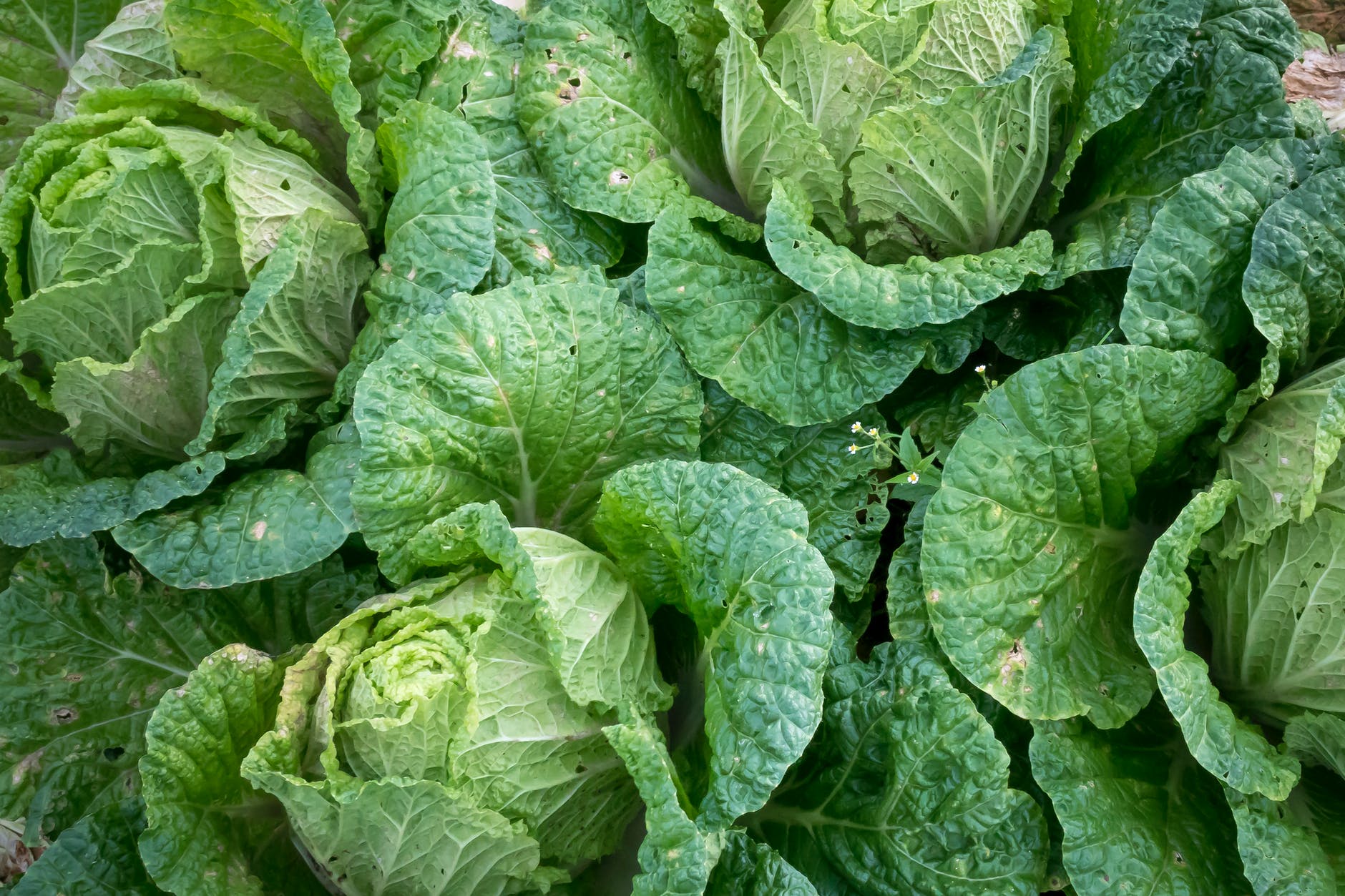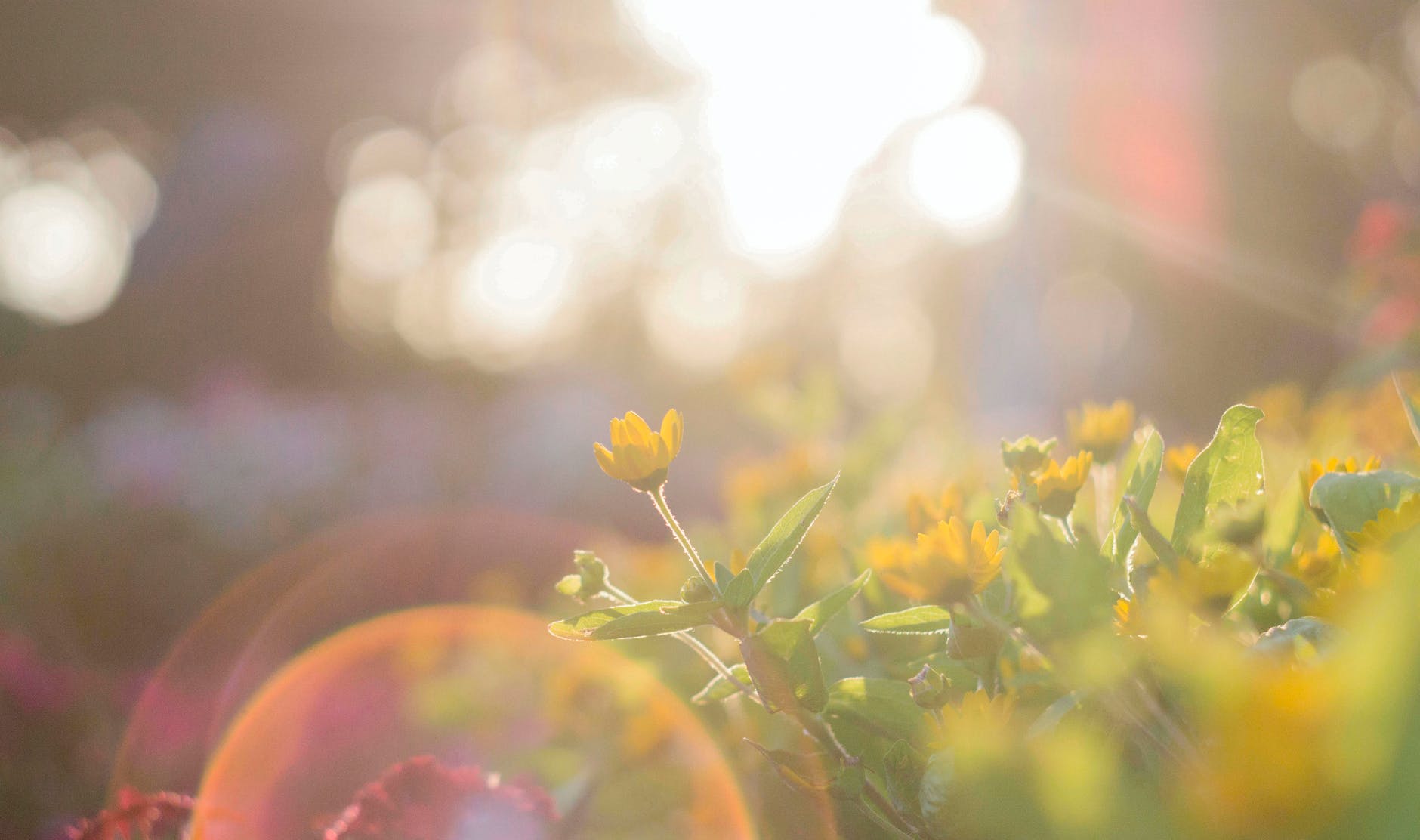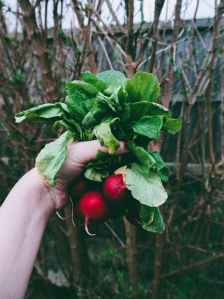Little things that can make a big difference!
Have you been thinking about starting a garden, or have started one without a lot of success? Below is an easy to follow list of do’s and don’ts that can help any beginner get their garden blooming. Grab a pen and paper and let’s get started!

6 do’s and don’ts for your beginner garden
Don’t underestimate soil quality
Do pay attention to the sun
Do learn how to use the internet
Do buy quality
Don’t forget to plan
Do start seeds (as needed) inside
~Discovery Mode on
Don’t Underestimate Soil Quality When I tested the soil for my new garden box this spring I found it was alkaline, low nitrogen, low phosphorus and semi low potassium. Basically there was very little going on organically in the soil. Growing anything without proper nutrition wont get you very far! While I was researching what minerals I needed to add, I discovered that my soil was way too sandy. It wasn’t holding onto water and that was contributing to cracks in my tomatoes and afternoon wilt. More compost, manure, and plain grass clippings helped the soil to retain more of the water as well as adding micro and macro nutrients to the soil.
The amount of clay, sand and loam alter the ph, nutrients and water retention in your soil. Be realistic when amending soil proceed with caution and patience, it takes time to see change.

Do Pay Attention to the Sun Clearly the sun is going to have a huge impact on your garden. Where in the world you live, ie; your average temperatures, humidity, UV index, cloud cover and path of the sun through your yard is going to matter differently to each plant in your garden. Here in Phoenix, not only do temps get high, but the UV index is high, (UV index is a scale related to the intensity at which the sun can burn human skin) so plants can burn, especially in the afternoon sun. The season will always make a difference, the days are longer in the summer and shorter in the winter. The sun will change location in the sky over the season as the earth makes its rotation, this changes the amount of light and the intensity of the light throughout the year. The planting location of the garden matters. How much of the day does your space get sun and shade? Does it get morning sun or afternoon sun? Afternoon sun in many places is the hardest time of day on plants. Taking the time to evaluate the sun patterns and intensities in your space will help you reap the rewards of strong healthy plants all season.
Do Learn How to Use the Internet Places like Pinterest, Facebook groups and local plant and gardening websites will have an abundance of information. Remember to look for the planting zone for your area when doing research.Take in the knowledge and assimilate it to your garden and your specific needs. Your garden is going to be as unique as you, so be fluid as you take knowledge from others. The number of blogs from master gardeners who just want to share their knowledge is in the thousands. Finding other people who are like you, on a similar journey as you, even in just this one way, can make you feel connected to not only nature but to a new tribe of people as well.
Do Buy Quality Soil, plants, trellis, fertilizer, seeds and just about anything else you are going to use. You are hoping to eat the food from your garden right? This is more than just about whether your garden is going to be organic or not. You also need to consider the quality of the seeds, how many of them will actually start, where did the seeds come from, how long ago were they harvested? Certain fruits, vegetables and herbs like strawberries and mint can be hard to start from seed. Buying healthy plants, preferably started and raised in your area will make the delicate process of starting seedlings a lot less painful. If you don’t yet, like me have the greenest thumb, doing everything you can by buying quality supplies will help you develop the success and thus the confidence to keep practicing.

Don’t Forget to Plan You have put money into this endeavor. Spend even 15 minutes figuring out some semblance of a plan. What does the weather in your area do? How many days until harvest? How often and how deep do you need to water? Are you planning to take any vacations, is there someone who can help tend your garden while you are gone? When and how high do temps get in summer, how soon does the first frost come, when does the last frost usually happen? Which plants do better with lower or higher temps, less or more sunlight? Remember some plants will sprawl and take up sun and space from other plants. By picking a few fruits or veggies you want to grow, getting a few details on how they best succeed you will be able to see success, or at least better understand what went wrong.
Do Start Seeds (as needed) Inside There are multiple reasons to start seeds inside. Starting seeds indoors in the summer keeps me entertained, and prepping for the cool down in the Phoenix valley. This is a winter activity for a majority of gardeners in the US. Starting seeds indoors helps you take advantage of the changing seasons. This can be done for summer/fall or winter/spring, depending on your goals, location and what you decide to grow. Delicate seedlings can grow strong indoors until it’s time to take them outside. Fluctuating temps and water levels can be too much for certain seeds. By starting them indoors it is much easier to reduce the risk of these variables.
Just get started! These 6 suggestions will help point you in a direction to start successfully growing your own food. Remember to start small, developing a base level of knowledge and having success will keep your new hobby fun and entertaining!

~Through, not around